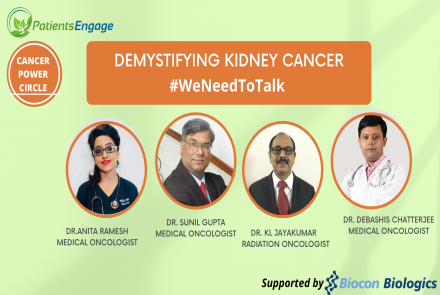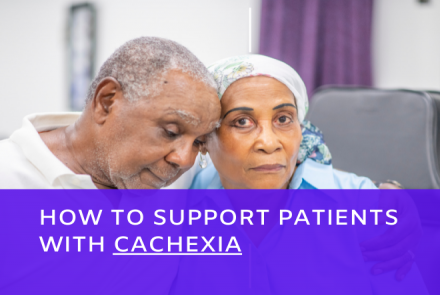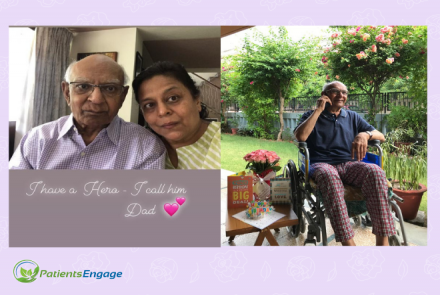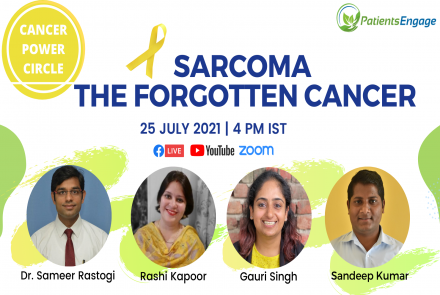Patients with advanced cancers often contemplate the time burden of their cancer care. What does this exactly entail? Dr Arjun Gupta, an Oncologist and Researcher, recently wrote a paper about Time Toxicity for Cancer patients. He helps us understand this new concept and how it can affect quality of life for patients.
What is ‘’time toxicity’’?
We have seen tremendous progress in oncology in the past few decades. Yet, for advanced solid cancers, average survival benefits offered by new…

Cancer patients are prone to infections and the home environment must be kept clean. Precautions to follow if they are on chemotherapy or radiotherapy treatment. Dr. Shital Raval shares practical tips for cancer patients and their caregivers to follow with cancer at home.
SELF:
- Keep a pair of gloves handy at home and wear them to clean any spills, cleansing surfaces or disposing trash.
- Remember to wash hands with soap before and after wearing gloves!
- Use antibacterial or bleaching agents to clean surfaces and bathrooms.
- Chemotherapy medication can continue to exit from the body for 2-7 days post treatment via urine, stool, semen, vomit and vaginal fluids. Hence gloves should be worn to clean any of these bodily fluids.
- Soiled clothes should be preferably washed right away or kept in a plastic container till wash.
- Best to close the lid of the toilet and flush twice to avoid any splashing or remnants in the commode. Keeping the toilet lid and bathroom door closed when not in use, is good hygiene
- Men should sit down while urinating to avoid any splashing.
- If using a bed pan, make sure it disposed off correctly and washed after every use.
- Trash should always be thrown in trash bags (that can be tied tightly) and not directly into a bin.
- Trash should not be left open and must be covered at all times. Trash should be disposed daily.
- Avoid any exposure to other sick or infectious people. Avoids crowded or dirty places and eating out.
- If given radio-immunotherapy, make sure to follow the specific instructions by your Oncologist as some radiation drugs continue to emit from the body for a week or so post treatment. Strict isolation and hygiene procedures must be followed.
PARTNER/SPOUSE:
- Be safe and practice protected sex (oral and vaginal) during the treatment period.
- Contraceptives must be used to prevent any chances of pregnancy during the treatment period. This is important because chemotherapy drugs can cause adverse effects on the foetus.
FAMILY:
- Make sure to keep and wash laundry separately for the first few days after chemotherapy.
- This is especially imperative if there are children in the house or clothes have been soiled by any bodily fluids.
- In case of cough, keep a face mask on or keep a handkerchief in front of the mouth, to prevent and be introduced to any pathogens.
- If sharing bathrooms, make sure to clean after yourself thoroughly.
Changed
15/Jun/2016
Community
Condition













